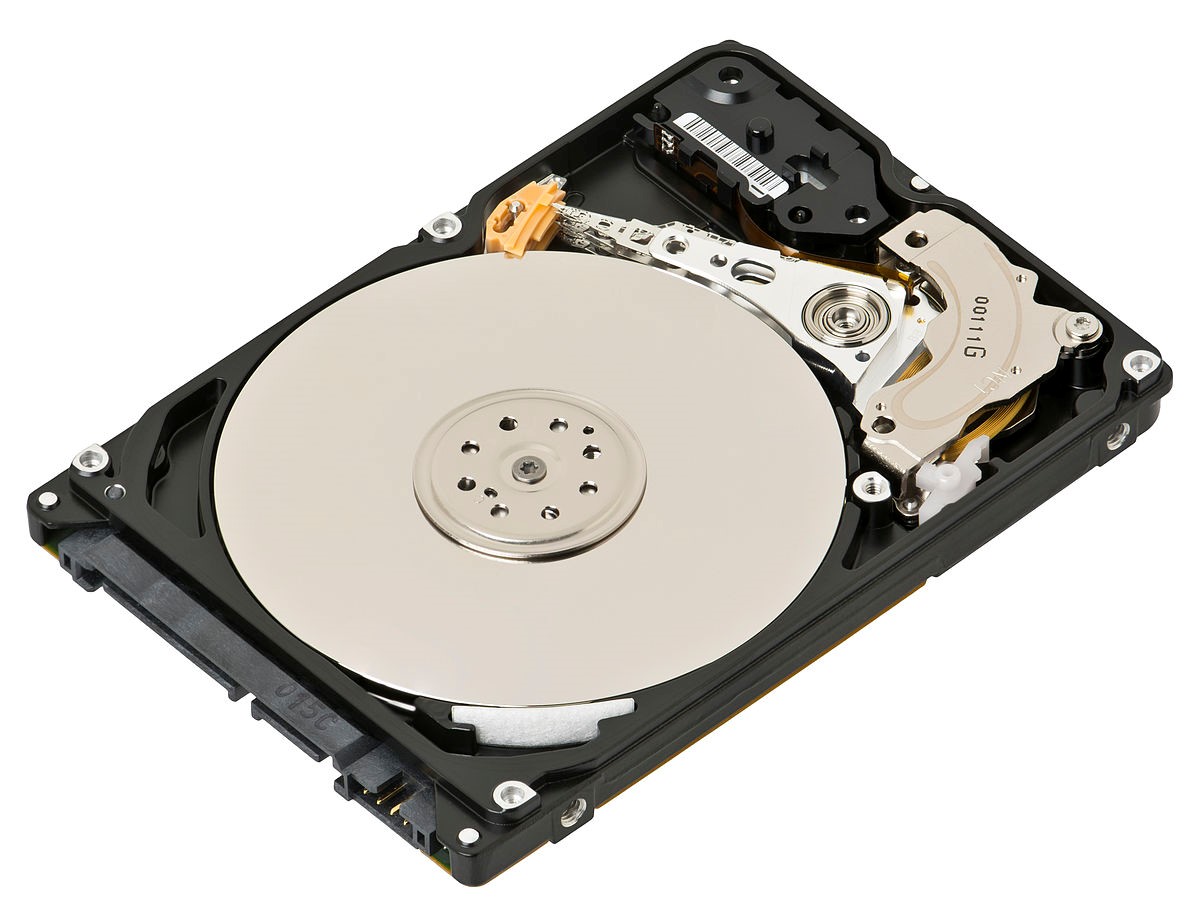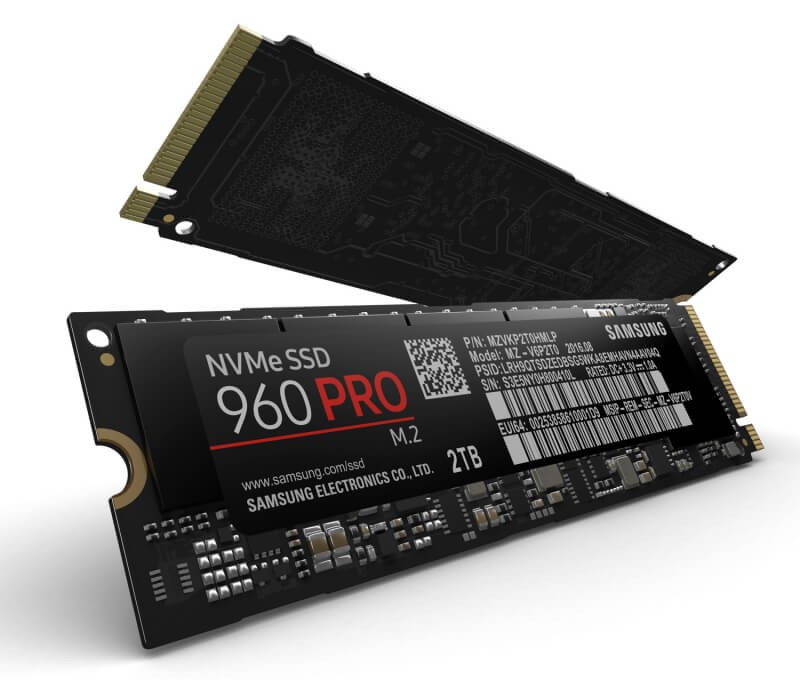HDD VS SSD
Now two storage types are provided for computer buyers – HDD and SSD. Which one would you like to choose? I think not many people know the two storage device so I will talk about the difference between HDD and SSD in this article and my personal suggestions.
HDD
HDD is an acronym for hard disk drive. It is an electromechanical data storage device that uses magnetic storage to store and retrieve digital information using one or more rigid rapidly rotating disks coated with magnetic material.

It was introduced by IBM in 1956. It’s the most basic computer storage device. The traditional spinning hard drive is the basic non-volatile storage on a computer. That is to say, information on it will not disappear even when electricity supply is cut off.
SSD
SSD stands for solid-state drive. SSD uses integrated circuit assemblies as memory to store data persistently. SSD has no mechanical parts which makes it different from traditional hard disk drive.

A typical SSD uses NAND-based flash memory. This is a non-volatile type of memory. What does non-volatile mean? It means that it still stores data when you close the disk.
Difference Between HDD and SSD
Storage Capacity:
At present, the common capacity of hard disk drive is 80 GB, 128 GB, 160 GB, 256 GB, 320 GB, 500 GB, 750 GB, 1 TB, 2 TB. Solid-state drive’s maximum capacity is 4 TB which is very rare. Most people use 500 GB to 1 TB as primary drives in system. The larger the capacity, the more content is saved.
Speed:
The speed that read and write data is a crucial factor that distinguishes between HDD and SSD. HDD uses magnetism to store data on a rotating platter which determines how quickly information can be stored, while SSD use flash memory to store data. Furthermore, it doesn’t use head, so there is no seek time. Therefore, computer with SSD boots very quickly, usually within one minute or even a few seconds. However, HDD needs time to speed up to operating spaces.
In addition, it is also slower than SSD in daily use except startup speed. SSD-based computer runs software and transfer files faster than HDD.
Durability:
Since SSD has no moving parts, it tends to be more durable and better able to withstand all kinds of bumps. Even your laptop falls to ground when earthquake happens, your data can be kept safely. HDD not only suffers more wear, but is more vulnerable to damage if it falls.
Noise:
HDD emit noise when it is in use. As for SSD, it will not produce any noise because it has no mechanical motor and fan.
Power:
HDD uses more power. The average power consumption is 6-7 watts so it uses more battery. Compared with HDD, SDD uses less power, the average value is 2-3 watts.
Price:
I think price is a significant factor that affects PC buyer’s decision. HDD is much cheaper than SSD. A 1 TB hard disk drive costs 40-50 dollars. With respect to SSD, the same capacity costs almost 250 dollars. Do you know what do the two figure mean? That means 4 to 5 cents per gigabyte for the hard drive and 25 cents per gigabyte for the SSD. Though SSD’s price is down, it is still expensive and overrun budget for some people.
My Suggestion
Choose HDD
To those who like to save videos, it’s suggested to buy hard disk drive for large space with little money.
If you want to save money and don’t care the performance, HDD is a good choice.
Choose SSD
If you want to boot your computer quickly and run apps fast, choose SSD.
If you don’t want to hear noise produced by HDD, it’s recommended to choose SSD.
In this post, I tell the definition of HDD and SSD and the difference between them. At last, I give my little suggestion. Which one do you like to buy? Considering different factors, people make different decisions. Leave your comment to let me know.
Server Partition Manager Resources
Server Partition Manager - Paragon
- How to Make Automatic Backup
- Restore System to Dissimilar Hardware
- Migrate Windows 10 to SSD
- Merge Partitions Without Losing Data
- Recover Data from Hard Drive Won’t Boot
- External Hard Drive Not Accessible
- File System
- HDD VS SSD
- Dynamic Disk and Basic Disk
- Clone Hard Drive to SSD
- Paragon Partition Manager Personal
- Paragon Partition Manager Server
Server Partition Manager - Partition
- Partition Manager 8.5 Enterprise Server Edition
- Partition Manager Enterprise Server
- Partition Manager Enterprise Server Edition
- Partition Manager for Windows Server 2003
- Partition Manager Server
- Partition Manager Server 2003
- Partition Manager Server Edition
- Partition Manager Software
- Partition Manager Windows 2000
- Partition Manager Windows 2000 Server
- Partition Manager Windows 2003
- Partition Manager Windows 2003 Server
- Partition Manager Windows 2008
- Server Partition Manager